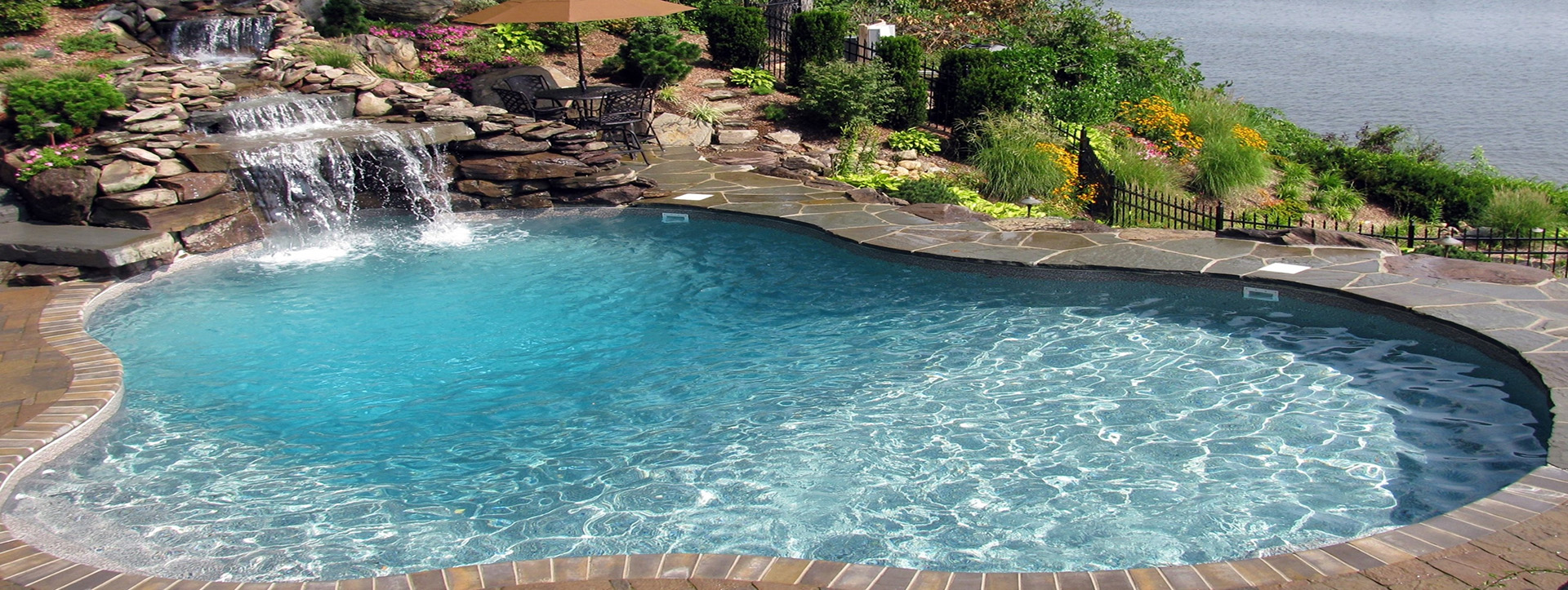In a groundbreaking advancement for pool maintenance, the application of Cyanuric Acid is transforming the way pool owners and operators maintain water quality. Cyanuric acid, traditionally used as a stabilizer for outdoor swimming pools, is now being recognized for its vital role in enhancing pool water treatment and ensuring a safer and more enjoyable swimming experience.
The Role of Cyanuric Acid:
Cyanuric acid, often referred to as a pool’s “sunscreen,” is an essential compound in the realm of pool water treatment. Its primary function is to protect chlorine from the degrading effects of ultraviolet (UV) radiation from the sun. Chlorine, a commonly used disinfectant in pool water, can be rapidly broken down by UV rays, rendering it ineffective in combating harmful pathogens.
Advantages of Cyanuric Acid:
Extended Chlorine Stability: By introducing cyanuric acid into pool water, the lifespan of chlorine is significantly extended. This ensures a longer-lasting and more efficient disinfection process, reducing the frequency of chlorine additions and ultimately cutting down on operational costs.
Cost-Efficiency: The use of cyanuric acid helps pool owners save money by minimizing chlorine consumption. This compound allows chlorine to remain active in the water for a longer duration, reducing the need for frequent chemical additions.
Enhanced Safety: The stable presence of chlorine due to cyanuric acid helps maintain consistent disinfection levels. This, in turn, ensures that harmful bacteria, viruses, and other contaminants are effectively eliminated, providing swimmers with a safer environment.
Environmental Impact: With fewer chemicals required for maintaining proper water quality, the environmental footprint of pool maintenance is reduced. The responsible use of cyanuric acid aligns with sustainability goals by minimizing chemical waste.
Innovative Applications:
The applications of cyanuric acid in pool maintenance have expanded beyond traditional usage. Researchers and pool management experts have begun exploring innovative methods to optimize its effectiveness:
Dosage Precision: Utilizing advanced technology and water quality monitoring systems, pool operators can now precisely calculate and maintain the ideal cyanuric acid levels. This ensures an optimal balance between cyanuric acid and chlorine for maximum disinfection.
Hybrid Treatment Approaches: Cyanuric acid’s role in stabilizing chlorine has opened the door to hybrid treatment methods. By combining other water treatment techniques with cyanuric acid, such as UV or ozone treatment, pool owners can achieve higher levels of water purity while minimizing chemical use.
Smart Pool Management: IoT (Internet of Things) technology has enabled the development of smart pool management systems. These systems integrate cyanuric acid and chlorine monitoring with automated dosing systems, creating a seamless and efficient pool maintenance process.
As the pool industry continues to evolve, the integration of cyanuric acid into modern pool maintenance practices is expected to become even more sophisticated. Innovations in water treatment technology, alongside a growing emphasis on sustainability, will likely drive further research and development in this field.
Cyanuric acid’s crucial role in stabilizing chlorine and maintaining pool water quality cannot be underestimated. Its cost-efficiency, enhanced safety, and environmentally responsible attributes make it a game-changer in the world of pool maintenance. As we embrace technological advancements and innovative approaches, the collaboration between science and industry is set to reshape the way we view and maintain swimming pools, ensuring safer and more enjoyable experiences for all.
Post time: Aug-10-2023

